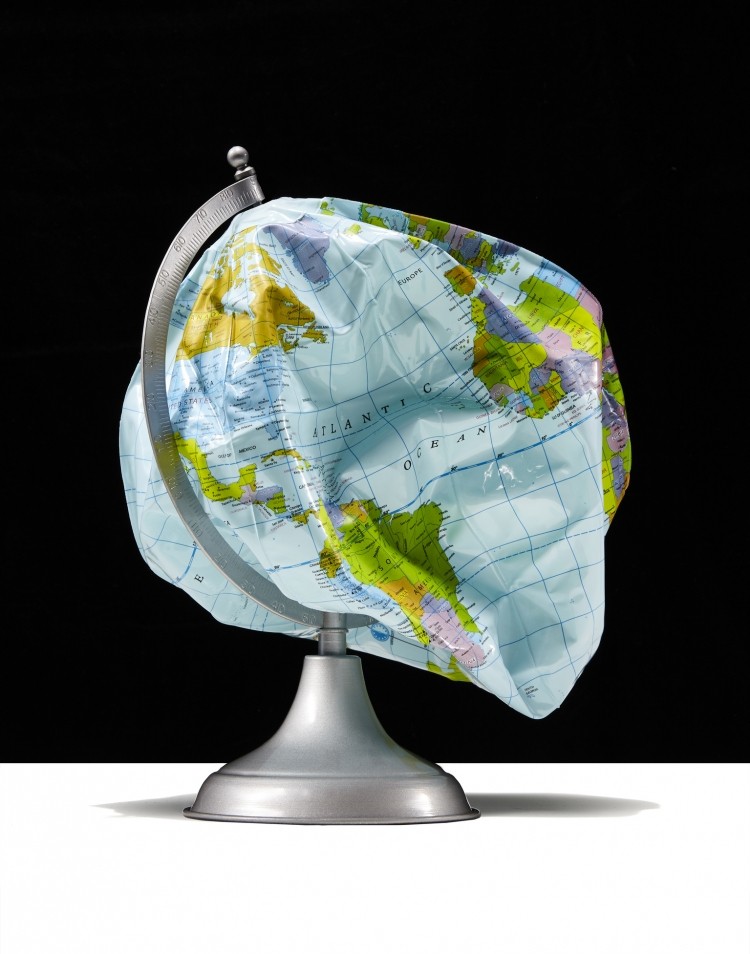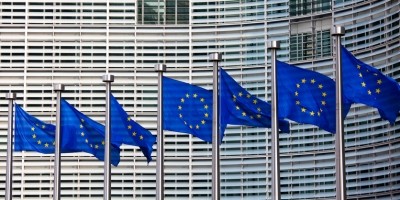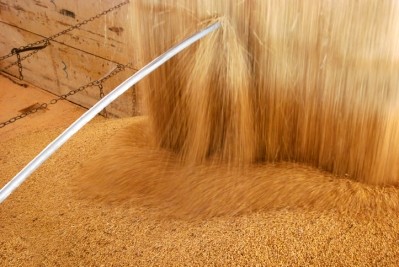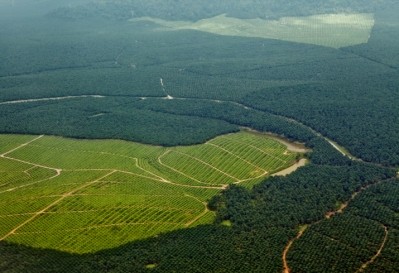MEPs call for country benchmarking and traceability to plot to be kept in EU deforestation law

The Environment, Public Health and Food Safety (ENVI) committee did so with 60 votes to 2 and 13 abstentions.
The Commission’s proposal covers cattle, cocoa, coffee, palm oil, soy, and wood, including products that contain, have been fed with or have been made using these commodities such as leather, chocolate, and furniture. Parliament wants to also include pig meat, sheep and goats, poultry, maize, and rubber, as well as charcoal and printed paper products.
In addition, the MEPs want to bring the cut-off date one year forward, to 31 December 2019.
They have also called for expansion of the range of landscapes under the scope of the regulation to include grasslands, peatlands, and wetlands, within one year after the entry into force.
Moreover, the MEPs said that financial institutions should be subject to additional requirements to ensure that their activities do not contribute to deforestation.
Country benchmarking
Finally, based on a transparent assessment, they believe that the Commission should classify countries, or part thereof, into low, standard, or high risk within six months of entry into force of this regulation. Imports from low risk countries will be subject to fewer obligations, said the MEPs.
Reacting to the ENVI committee’s adopted position, EU grain, oilseed, and feed trade groups, COCERAL, FEDIOL and FEFAC, again highlighted “the damaging” aspect of classifying countries and their regions in terms of low or high risk.
Such classification could result in “stigmatization of high-risk areas and shifting sourcing away from them. Abandoning such areas would have a destructive effect on private sector deforestation-free commitments and efforts which have minimized and prevented deforestation to date.”
Rapporteur Christophe Hansen’s earlier report for the ENVI committee proposed a two-tier system. “That at least had the merit of minimizing the stigmatization that comes with being labelled ‘high-risk’,” commented the industry representatives.
They welcomed, however, the stronger role that the committee has given to partnerships between EU and producing countries to facilitate the implementation of the requirements of the Regulation. “This will be crucial to enhance traceability, as many obstacles will need to be removed, which can only happen if the Commission, member states, producing country governments, including regional and local authorities, operators, smallholders and other local economic actors in the supply chain, and NGOs work together in synergy.”
Traceability concerns
The trade bodies are critical, though, of the fact that production area traceability, part of rapporteur Hansen’s original proposal, has not been retained. That would have allowed operators time to address the challenges linked to the requirement for geolocation coordinates of plots of land, they noted.
“Production area traceability should be the starting point, as this form of traceability, combined with satellite monitoring and checks on the ground, is sufficient to prove negligible risk of deforestation linked to an operator’s supply chain, especially when audited annually.
“It is essential that the challenges be addressed before making geolocation of plots of land and polygons the requirement, as a delay in addressing the obstacles will create uncertainty, especially around the risk of sourcing from smallholders and their potential exclusion in order to be compliant with the regulation.”
After the vote, Hansen said: "Acknowledging that the EU is responsible for around 10% of global deforestation, we don't have a choice but to ramp up our efforts to halt global deforestation. If we get the balance right between ambition, applicability and WTO compatibility, this new tool has the potential to pave the way to deforestation-free supply chains.”
Next steps
Plenary is expected to adopt Parliament’s position in September, after which negotiations on the final law would begin with member states.










